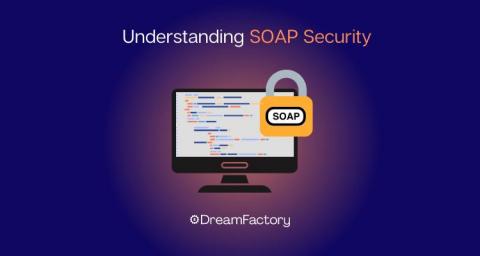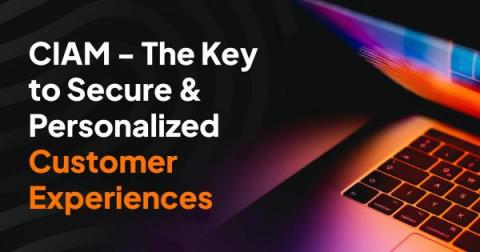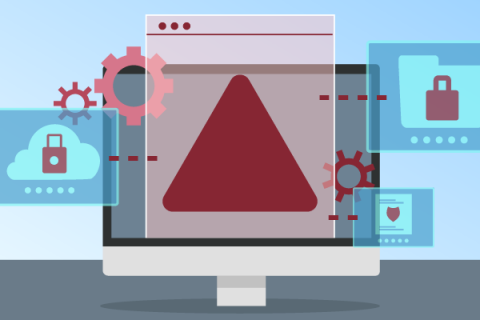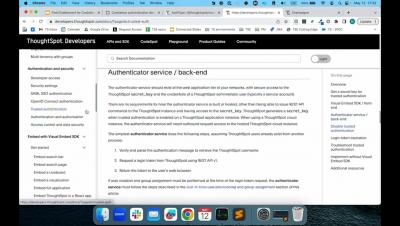Systems | Development | Analytics | API | Testing
Security
Enhancing Customer Experiences with CIAM
In a recent interview, David deBoisblanc, managing partner at Duczer East and a valued partner of WSO2, interviewed Geethika Cooray, vice president and general manager of IAM at WSO2, to gain insights into the importance of CIAM for the C-suite and its impact on customer retention. The following excerpts from their conversation look at valuable insights on CIAM, its significance for the C-suite, and the emerging trends in the industry. Here's what Geethika said.
API Security and Management: The Impact on the Fintech Industry
Greg Peranich and Tryn Brown contributed to this post. The world of financial services is driven by digital experiences. Over the last 20 years, virtually all banking activities have been taken online (an unfortunate change only for fans of pneumatic tubes and pens on beaded chains). Like other industries that have undergone digital transformation, financial institutions are leveraging APIs to give users a more seamless experience when managing their money.
How to Manage Risk with Modern Data Architectures
The recent failures of regional banks in the US, such as Silicon Valley Bank (SVB), Silvergate, Signature, and First Republic, were caused by multiple factors. To ensure the stability of the US financial system, the implementation of advanced liquidity risk models and stress testing using (MI/AI) could potentially serve as a protective measure.
Keep Your Ruby App Secure with Bundler
This article covers the use of bundler features to secure Ruby applications. In this day and age, we have to be more and more careful about software supply chain security. We'll show you how to start this journey by relying on a Gemfile and bundler to manage your project's dependencies. By the end of the post, you will better understand how bundler audit and bundler outdated work. Both can help you monitor the security state of your project's dependency tree. Let's dive in!
How Complying with MISRA Improves Safety in C++ Applications
Cookieless authentication in ThoughtSpot Everywhere
Cookieless authentication in ThoughtSpot Everywhere
Amidst growing concerns around user privacy and regulatory laws, the cookieless paradigm has been gaining momentum over time in digital advertising. In addition, web browsers are increasingly blocking third-party cookies altogether in web sessions, necessitating the need for new authentication methods in web applications. Cookieless authentication is a secure way to verify user identities in web applications without relying on cookies.











